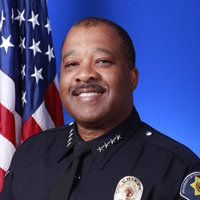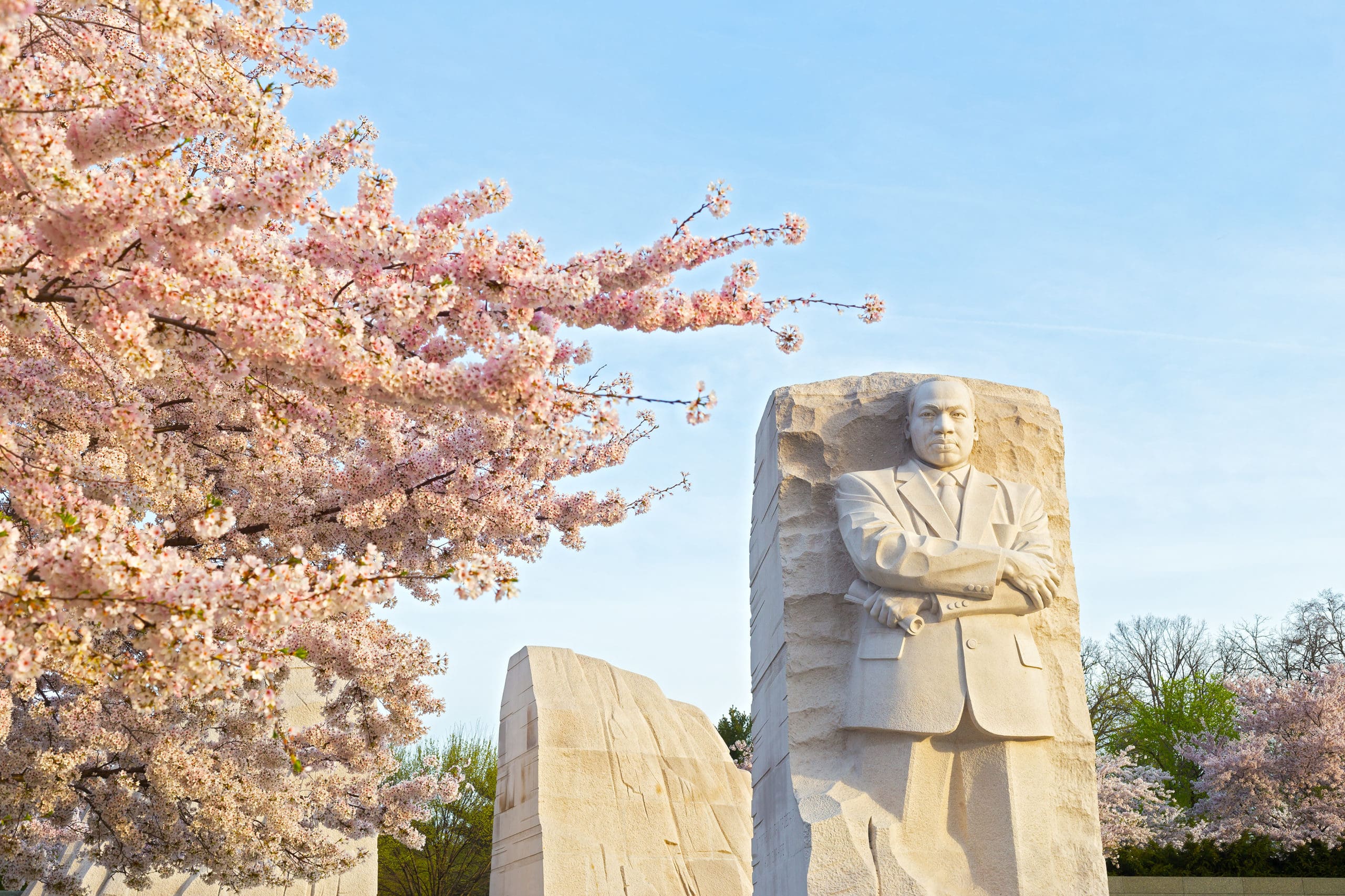Editor’s Note: Today marks the fourth anniversary of the murder of George Floyd. CS is re-running this editorial, which was published in 2020 shortly after his death, because it’s an important reminder that all of us in the campus safety community must work together to better understand and support each other. Not doing so can lead to tragedy. Let us never forget.
Editor’s Note: As America and the world react to the tragic May 25 in-custody death of George Floyd in Minneapolis, many campuses and their public safety and security departments are struggling to respond. As editor-in-chief of Campus Safety magazine and as a white woman, I too have found it difficult to find the right words that will help our readers make sense of what our nation is currently experiencing. What should we do that we haven’t done before that will make a difference? What can we say to our communities to help them work through this tragedy and heal? I’m at a loss.
Although my writing skills have failed me in this matter, they have not failed my friend and long-time Campus Safety partner, University of Southern California Department of Public Safety Executive Director/Chief John “JT” Thomas.
Below is the letter Chief Thomas sent to the USC community on Wednesday in response to George Floyd’s killing. In it, he says everything I couldn’t, and I hope his words will help all of us take a good, hard look at ourselves so we can find new, more effective ways we can address the issue of racism in America. – Robin Hattersley
Dear Trojan Community,
Last week, like so many of you, I witnessed, yet again, the execution of a black man at the hands of law enforcement. For nearly nine long, harrowing, and painful minutes, I witnessed George Floyd taking his final breaths, begging for his life while officers of the Minneapolis Police Department exhibited utter disregard for it. I am disgusted and infuriated by what the video showed, but more than anything, I am exhausted at the fact that we continue to see the dehumanization of black bodies by law enforcement in this country in 2020. As I mentioned the next day on my social media platforms, “There is NO justification for the death of George Floyd,” and, “No one is above the law, not even those of us sworn to uphold it.”
I want to begin by acknowledging the incomprehensible loss and pain that the Floyd family must be feeling at this moment. While we cannot guarantee they will find peace and comfort, we should all work to ensure that justice be served on behalf of Mr. Floyd and the countless numbers of black lives that have been senselessly lost at the hands of criminally prejudiced peace officers who have turned a blind eye to the institutional racism that has defined American policing throughout its history.
I must extend respect to the women and men who make up the vast majority of peace officers in this nation, who continue to model the best of compassionate public service. However, let me be blatantly clear: The actions of the officers responsible for Mr. Floyd’s murder (who, in my opinion, do not deserve to be called either peace officers or public servants) were cowardly, heinous, and criminal. I am angry at the officers responsible for murdering Mr. Floyd who, in less than 10 minutes, managed to erase years of public service provided by the vast majority of peace officers who have worked diligently in communities across America to try to repair procedural justice, address quality of life issues, and build mutual respect, many while trying their best to keep many of our most challenging communities safe.
Despite the irrefutable evidence that the video shows, I know that there will be some members of the public and some law enforcement colleagues of mine who would ask that we not be quick to rush to judgement and to wait for all of the facts to come out. To those individuals, I say that there are some facts that are evidently clear: George Floyd was indeed handcuffed. George Floyd was not resisting detention. George Floyd had a knee pressed against his neck for nearly nine minutes, all the while he was clearly articulating that he could not breathe and that he was in pain. As someone who has served in law enforcement for almost 36 years, and more importantly, as a human being, I can unequivocally say that those officers had a moral and ethical responsibility to render aid at that point.
Although Mr. Floyd’s execution came as a shock to many, as an American society, we need to recognize that the attitudes and behaviors that led to his murder have been deeply rooted in the institutionalized subjugation of black people on American soil since we first arrived in 1619. For many of us, the “knee on the neck” may feel like a metaphor for how blacks in America are held down, particularly at the hands of those whose duty it is to keep us safe. This has been the unfortunate legacy of American law enforcement in its relations with the black community. It is time for us in law enforcement to own up to this legacy, take a deep, hard look at how we engage with black communities, and collectively work to rebuild our institutions so that black communities are served as equitably as any other community in America. We must do these things to ensure that Mr. Floyd’s death was not in vain.
On a more personal note, as a black man, I know all too well what if feels like to be accosted by law enforcement and to feel the sting of having been racially profiled by those whose duty it is to keep us safe. Growing up in South Los Angeles, and, always as a law-abiding person, I had countless encounters with members of law enforcement, none of which were positive. Over 40 years later, I can still remember every single incident where I was mistreated by a member of law enforcement. These events were traumatizing, and the mental scars from these events will remain with me for the rest of my life. While I hope that other black Americans never have to go through similar experiences, I also know the unfortunate reality that, by virtue of just being black in America, the likelihood of similar encounters with the police are prevalent.
As the Chief of the USC Department of Public Safety, I want you to know that you have a right to feel safe and protected by those of us who took the oath to serve you. Moreover, I want you to know that if you ever feel, or have ever felt, discriminated against by a USC DPS officer, I want to personally know about it and help you get redress. Additionally, know that we are accountable to you, the community that we serve, and if you have any input or ideas as to how we can provide better service for communities, I want to listen to them.
In the words of President Barack Obama, “This shouldn’t be ‘normal’ in 2020 America. It can’t be ‘normal.’ If we want our children to grow up in a nation that lives up to its highest ideals, we can and must do better.” This is why I am imploring all of us, particularly the law enforcement community and those members of our community who do not identify as black, to use George Floyd’s murder as an opportunity to do some introspection. Ask yourself: Do I harbor implicit biases that affect the way that I see people who identify as black? Regardless of my race, ethnicity, national origin, religion, sexual orientation, abilities, etc., do I benefit from anti-blackness? How can I use my privilege to stand up for the black community?
It is my hope that by answering these difficult questions and by actively and consistently working towards dismantling racist sentiments, both within ourselves and our communities, we will never again have to hear about another law enforcement officer victimizing an unarmed black person who they are sworn to protect and serve.
In closing, I want to let it be known that, like most officers that I have encountered throughout my career, I chose to become a police officer to make a positive difference in, and be a public servant for, my community. I believed then, just as I believe now as I near the end of my career, that through listening, learning, and collaborating with the very communities that we collectively serve, we can reconstruct American law enforcement and the entire criminal justice system into what it can be and needs to be.
Let us never forget George Floyd, or the countless other known and unknown black lives that have been lost as a result of unjust and biased policing. Let us not also forget the Minneapolis officers’ crimes. Let us let both their actions and inactions serve as a reminder that this was the turning point, and let us ensure that we never go back to this again.
In Solidarity,
 John Thomas, Executive Director/Chief, USC Department of Public Safety
John Thomas, Executive Director/Chief, USC Department of Public Safety













